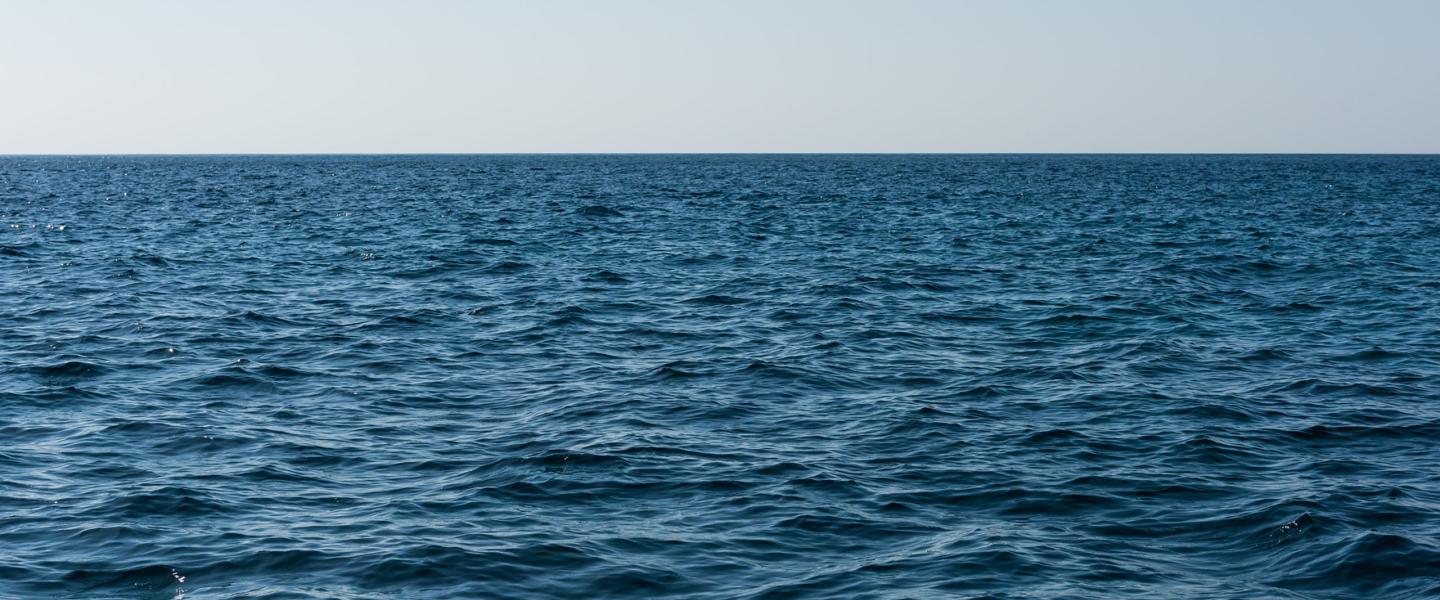
Human Rights and Law Enforcement at Sea: Arrest, Detention and Transfer of Piracy Suspects Anna Petrig, Human Rights and Law Enforcement at Sea: Arrest, Detention and Transfer of Piracy Suspects, Brill / Martinus Nijhoff Publishers, 2014, hardback, 500 pages.
Content of the book
Law enforcement at sea has become an increasingly important tool for combating transnational crime. Such law enforcement operations are commonly directed by multinational missions composed of military rather than police forces, and are often carried out in maritime areas not subject to national jurisdiction. Because of these characteristics, maritime law enforcement operations touch upon many unresolved human rights issues. In the present study, counter-piracy operations off the coast of Somalia and in the Indian Ocean serve as the quintessential example of how law enforcement measures taken at sea may fall short of international human rights standards.
An unprecedented number of national and multinational missions have been deployed to counter the phenomenon of piracy off the coast of Somalia and in the region. Their mandate includes the arrest, detention and transfer for prosecution of piracy suspects. The book at hand examines the procedures pertinent to the decision whether to release piracy suspects, prosecute them in the seizing State or transfer them to a third State, and the detention regime pending such decisions.
The study provides a critical analysis of the compatibility of these procedures with international law, first and foremost human rights law. Using piracy as an example, it demonstrates that the characteristics of national and multinational law enforcement at sea may lead to a deviation from certain human rights standards – standards that the States in question readily accept and apply in their land-based, territorial law enforcement operations. At the centre of the analysis are two unique case studies (EUNAVFOR and Denmark), which provide insight into the arrest, detention and transfer procedures in both a multinational context and a purely interstate setting.
A useful and timely resource for academics and legal practitioners alike, this work is a valuable contribution to legal scholarship dealing with the human rights dimension of maritime law enforcement operations. It is a useful, timely and innovative resource for both academics and legal practitioners alike, or any person interested in the applicability and scope of human rights norms in the maritime context.
Biography

Anna Petrig is a maritime author and post-doc researcher at the University of Basel, Switzerland. She is a member of the Management Committee of MARSAFENET (network of experts on the legal aspects of maritime safety and security) and co-leader of its Working Group on International Maritime Security and Boarder Surveillance. Anna initiated the Sea
Piracy Project of the Max Planck Institute for International and Foreign Criminal Law in Freiburg, Germany, in 2009 and managed it until the end of 2011. Her major publications on piracy include Piracy and Armed Robbery at Sea, Oxford University Press, 2011 (together with Robin Geiss) and Sea Piracy Law – Selected National Legal Frameworks and Regional Legislative Approaches, Duncker & Humblot, 2011. Anna is a member of the Bar of the Canton of Berne, Switzerland, and the New York State Bar. She holds a PhD from the University of Basel and an LL.M. from Harvard Law School. Her broad legal experience includes work in private practice, the courts and the legal division of the International Committee of the Red Cross in Geneva.
